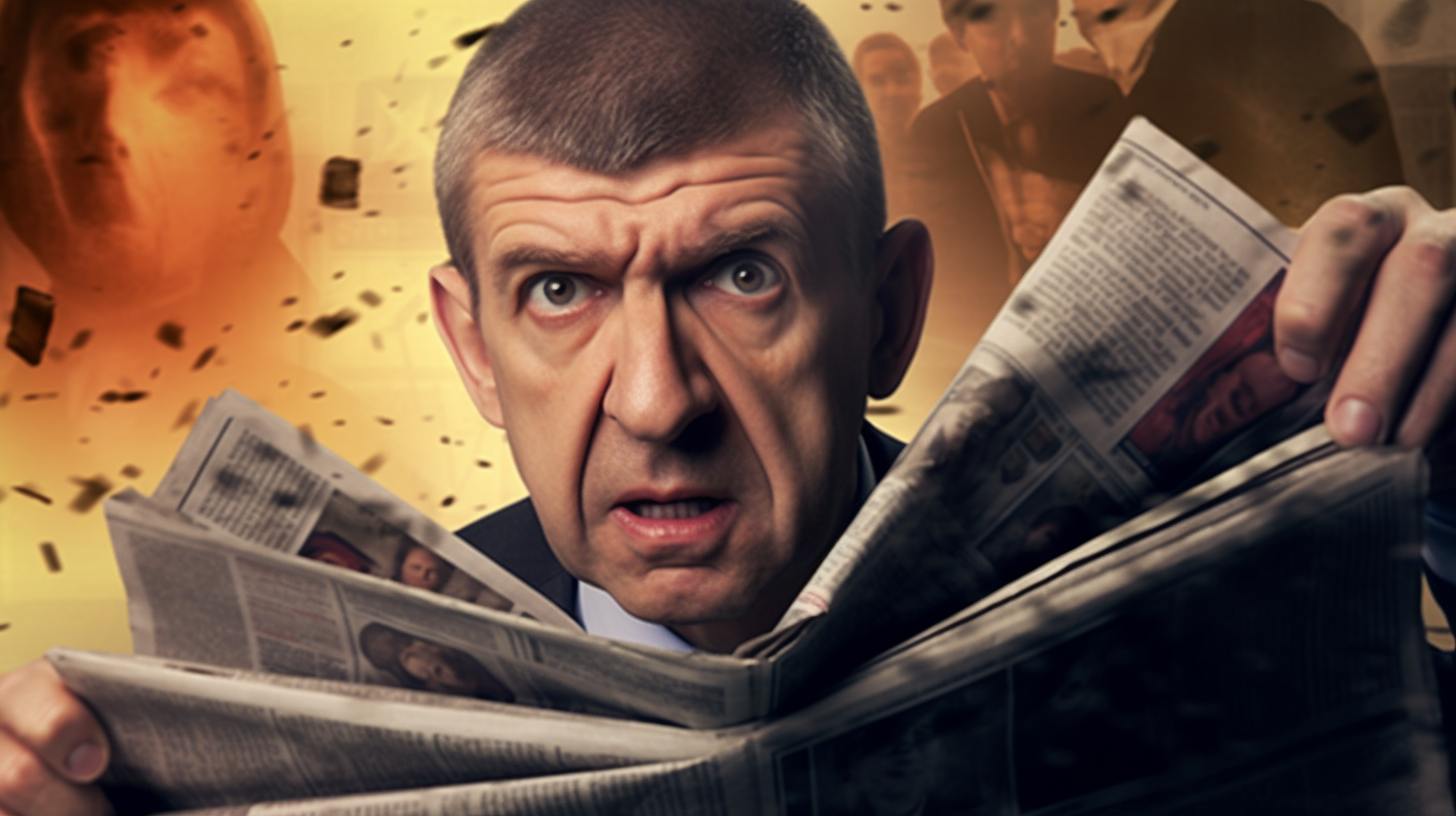
Czech politicians face new media ownership rules
Starting next year, Czech politicians can't own TV stations, radio stations, or newspapers. This is because of a new law, pushed by the Pirate Party. Jakub Michálek, the leader of the Pirates in Parliament, made the proposal.
The law got support from 85 MPs from the parties that form the government: ODS, STAN, KDU-ČSL, TOP 09, and the Pirates. But 79 MPs from the ANO and SPD parties didn't like the law. Now, the Senate will look at the law.
Legal experts from the government have raised concerns that the law could potentially conflict with the constitution and European law. The law gives authorities the power to order a politician to sell their property, which could infringe on the right to property ownership - a fundamental freedom of the European Union's internal market.
The law targets the real owners of media, not just the people who control it. Politicians can't avoid the law by putting their media in a trust fund.
The ANO party has dubbed the law "lex Babiš" because it will greatly affect their leader, billionaire Andrej Babiš. He owns the Mafra group, a major media company in the country. Mafra's assets include Metro, a widely distributed free newspaper, two national dailies, many lifestyle magazines, popular radio station Impuls, and music TV Óčko.
The law doesn't cover internet media, so Babiš can keep those. As a result, the law may not affect the most influential media platforms, which could have implications for the upcoming elections in autumn 2025.
However, he must sell his newspapers, magazines, radio, and TV station within 60 days of the law's enforcement, which is due by early March 2024.
This new law is in line with the government's plans. Aiming to prevent power concentration, the government seeks fair competition in politics and the economy. Clear rules about media ownership and the use of public funds are also on their agenda.
Babiš responded with a sharp verbal attack on Michálek, accusing him of being 'obsessed' with him and suggesting that his actions were driven by a personal vendetta. Despite the new law, Babiš vowed to remain in politics and criticized the Pirate Party, calling them 'pro-migration green neo-communist activist lunatics' who want to surrender the country's sovereignty to Brussels.
Politicians who violate the new law could face serious consequences. The authorities have the power to impose a fine on a politician of up to 3% of the value of the assets of a media company in which the public official is a partner, member, or beneficial owner. Furthermore, the company is prohibited from paying the politician a share of the profits. The law also restricts politicians from exercising voting rights in a media company or making decisions as a sole shareholder.
Michálek said: "In a democracy, the media and the people keep an eye on the powerful. When politicians control the media, it leads to corruption. We tried to pass this law before, but Babiš blocked it. Once the law is passed, politicians can't own media companies and use them for politics."
Alena Schillerová, the leader of ANO in Parliament, said: "I hope the Senate will stop this political activism. If the law goes to President Pavel, I hope he won't allow it. If all else fails, ANO will go to the Constitutional Court."
Beyond the new conflict of interest law, the government has more plans for media regulation. They have pledged to consolidate and stabilize the funding of public service media. By the end of this year, the coalition plans to introduce a law on the financing of Czech Television and Czech Radio. This suggests that the media landscape in the Czech Republic could see more significant changes soon.

